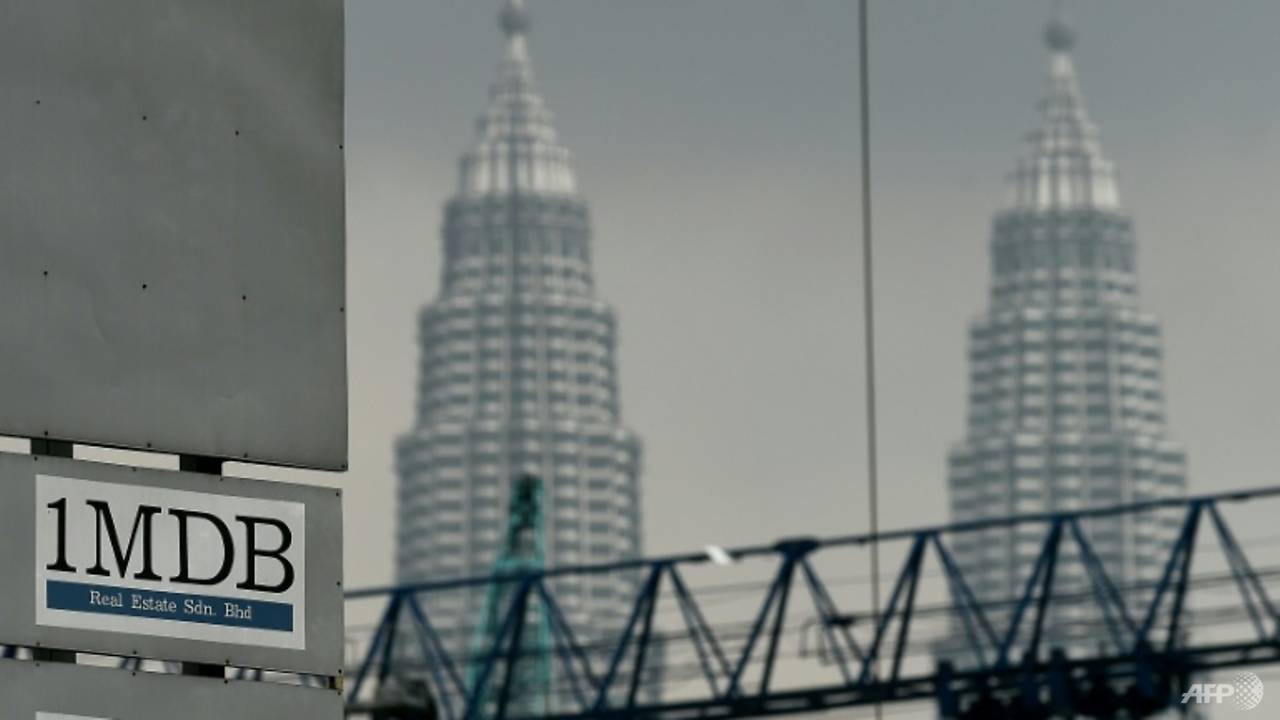Microsoft CEO Satya Nadella, who spoke Monday at a Wired conference, doesn't want to see his company's tech used for evil.
James Martin/CNET
Microsoft wants its tech to be used for good, not evil, the company's CEO said.
Satya Nadella, speaking Monday at the Wired25 conference in San Francisco, noted that the tech industry has a responsibility for how its technology is used.
"We start from saying, look we want to take tech and empower the world with it," Nadella said. "Our responsibility is to ensure that what tech we provide is being used for good."

Now playing: Watch this: Microsoft CEO on using tech for good, not evil
2:06
Big tech has been facing questions lately about who it does business with. Employees at companies like Google have protested the use of its technology — from cloud computing to artificial intelligence — by the Defense Department. Microsoft has faced fire from employees over its contract with US Immigration and Customs Enforcement, which has separated members of families that cross US borders illegally. And other companies are facing criticism over their ties to Saudi Arabia.
Saudi Arabia has been building relationships in the technology industry, particularly through its partnership with Japanese telecom giant SoftBank. But that relationship and the country's other ties are being reexamined in light of the disappearance of Saudi journalist Jamal Khashoggi.
The prominent Saudi dissident and critic of the Saudi government disappeared earlier this month after entering the Saudi consulate in Istanbul, Turkey. Turkish investigators reportedly said that a team of 15 Saudi agents killed him inside the consulate. The Saudi government has reportedly denied the murder.
When asked about where Microsoft draws the line, Nadella didn't directly address Saudi Arabia but noted that when Microsoft opens a data center in a country, "one of the foundational things we go through is evaluation of the humanitarian infrastructure." The company explores the laws in place and the practices of the local government. It won't open a data center until it's comfortable that Microsoft's values will be upheld. That's why it doesn't store consumer data in Chinese data centers, Nadella said.
Cloud computing rival Google earlier this month pulled out of bidding for a $10 billion Pentagon contract after employee protests. Google said that the project may conflict with its principles for ethical use of AI. Amazon CEO Jeff Bezos on Monday at Wired25 said that he would continue to support the Defense Department.
"If big tech companies are going to turn their backs on the Department of Defense, we are in big trouble," Bezos said. "This is a great country, and it does need to be defended."
Nadella, Microsoft's third CEO since it was founded 43 years ago, has been working to change the company's image, both among employees and everyone else. Some of the way he's done this has been through politics, ranging from calling privacy a human right to opposing President Donald Trump's travel ban.
At Microsoft, he's attempted to change the company's historically sharp-elbowed culture to a more collaborative and supportive one.
Nadella on Monday noted that antitrust laws don't adequately address the tech world today. A judge in 2002 ruled that Microsoft violated antitrust laws by leveraging its monopoly position in operating systems to capture the market for Web browsers.
"If you think about the antitrust we had to face with bundling, it feels like child's play compared to what's happening today," Nadella said. "Antitrust law is not even close to understanding the game."
CNET's Ian Sherr contributed to this report.
NASA turns 60: The space agency has taken humanity farther than anyone else, and it has plans to go further.
Taking It to Extremes: Mix insane situations — erupting volcanoes, nuclear meltdowns, 30-foot waves — with everyday tech. Here's what happens.










